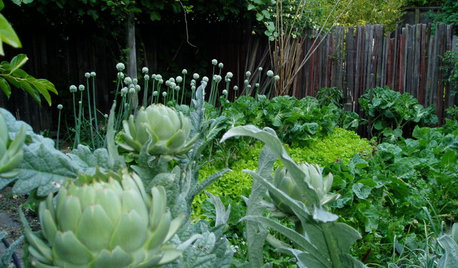Is it a good idea to add mink manure
momstar
11 years ago
Featured Answer
Comments (11)
RpR_
11 years agogardengal48 (PNW Z8/9)
11 years agoRelated Professionals
Glen Ellyn Landscape Architects & Landscape Designers · Oconomowoc Landscape Architects & Landscape Designers · Surprise Landscape Contractors · Edmond Landscape Contractors · Aloha Landscape Contractors · Lewisville Landscape Contractors · Middletown Landscape Contractors · Solana Beach Decks, Patios & Outdoor Enclosures · Blue Springs Decks, Patios & Outdoor Enclosures · Bonney Lake Decks, Patios & Outdoor Enclosures · Gastonia Decks, Patios & Outdoor Enclosures · Lafayette Decks, Patios & Outdoor Enclosures · Littleton Decks, Patios & Outdoor Enclosures · Wheaton Decks, Patios & Outdoor Enclosures · Pleasant Grove Decks, Patios & Outdoor Enclosureslazy_gardens
11 years agoKimmsr
11 years agotoxcrusadr
11 years agoKimmsr
11 years agomomstar
11 years agotoxcrusadr
11 years agogardengal48 (PNW Z8/9)
11 years agoKimmsr
11 years ago
Related Stories

GARDENING GUIDESThe Poop Scoop: Enrich Your Soil With Good Old Manure
Get over the ick factor already — this natural super-ingredient for soil has so many benefits, you'll wonder why you ever went chemical
Full Story
LANDSCAPE DESIGNGood Read: ‘Landscaping Ideas That Work’
Get a landscape architect’s strategies — along with gorgeous, inspiring photos — for a yard you’ll really enjoy
Full Story
FARM YOUR YARDHow to Get Good Soil for Your Edible Garden
The nutrients in your soil feed the plants that feed you. Here are tips on getting it right — just in time for planting season
Full Story
FURNITUREHow to Keep Your Upholstery Looking Good
You wouldn't expect your car to maintain itself. Show your sofa and chairs the same courtesy with this 3-part strategy
Full Story
GARDENING GUIDESA Mom, a Garden and a Gift for the Neighbors
Gardening can be therapeutic in unexpected ways. See how one gardener found peace and purpose in a patch of Florida soil
Full Story
PETSWorld of Design: Pampered Pets and Their 10 One-of-a-Kind Homes
Fall in love with these critters and their clever living spaces, from a cat playground in France to a chicken house in the U.S.
Full Story
MOVINGHome-Buying Checklist: 20 Things to Consider Beyond the Inspection
Quality of life is just as important as construction quality. Learn what to look for at open houses to ensure comfort in your new home
Full Story
GARDENING GUIDESGet on a Composting Kick (Hello, Free Fertilizer!)
Quit shelling out for pricey substitutes that aren’t even as good. Here’s how to give your soil the best while lightening your trash load
Full Story
FRONT YARD IDEAS10 Ideas for a Front-Yard Edible Garden Your Neighbors Will Love
Choosing attractive, well-mannered plants and sharing the bounty will go a long way toward keeping the peace
Full Story
MOST POPULARHow to Start a Cool-Season Vegetable Garden
Late summer and late winter are good times to plan and plant cool-season crops like salad greens, spinach, beets, carrots and peas
Full StoryMore Discussions







HU-396174375